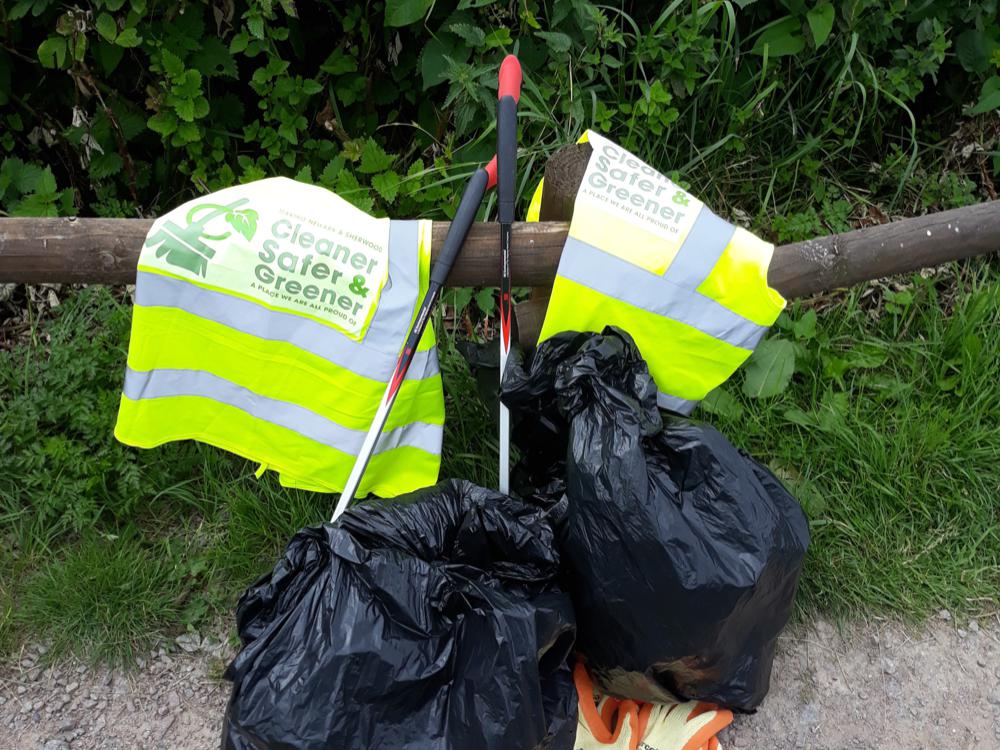
Youngsters found guilty of harming wildlife and causing anti-social behaviour in Balderton have cleaned up their act – as well as a local green space.
A restorative justice arrangement has been set for the young people responsible, who were asked to litter pick the Balderton Lakes and Sustrans track areas. The arrangement will aim for reform for those who committed the anti-social behaviour.
Newark and Sherwood District Council’s public protection team worked in partnership with Nottinghamshire police to identify the culprits and arrange the clean-up.
The young people were joined by a police community support officer, council anti-social behaviour officer and community protection officer. On the day, they discussed the incident and the potential consequences of being involved in anything of such nature again in the future.
After having the opportunity to reflect on their actions, the teens took part in the litter-pick with enthusiasm, collecting several bags of dumped rubbish during the session.
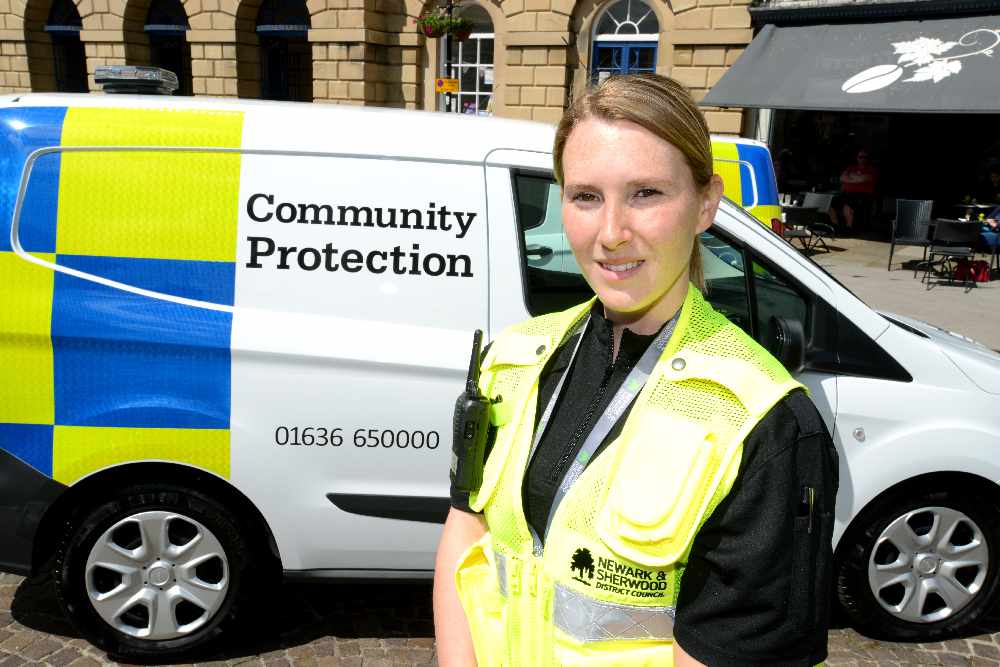
Council leader David Lloyd said: “Young people should be aware that if they are seen with any sort of weapons that could cause harm to animals or individuals they will be challenged by police and council officers and could face a ban of the area.
“We are actively working alongside the police to take a zero tolerance approach towards anti-social behaviour. Crime enforcement is high on the agenda of our Cleaner, Safer and Greener initiative which we launched last year and we will continue to take the necessary action to ensure the district is a safe place to live, work and visit.
“Equally, we want to encourage young people to engage positively in the community and alongside the police, we have organised an array of events for teens to offer positive activities for them to get involved with during the summer holidays.”
Inspector Heather Sutton, District Commander for Newark and Sherwood Police, said: “Restorative justice can help people reflect on what they have done and give them the opportunity to engage positively in the community. The process can be very cathartic.
International reviews found that offenders who participated in restorative justice are significantly less likely to reoffend over two years than those who did not participate. I look forward to the community feeling the effects of this work.”
The council has been working hard to combat anti-social behaviour and to instil a greater sense of pride in towns and villages across the district and this particular restorative justice arrangement is the second time such an approach has been used this year by the council and police.
In May, four young people responsible for two separate spates of graffiti around the Winthorpe Road area of Newark were asked and agreed to remove either their own graffiti, or graffiti in a specific nearby spot if that was not possible.
The council, alongside Newark Police, identified a number of young people responsible for the graffiti and co-ordinated the restorative justice arrangement to deal with both incidents.


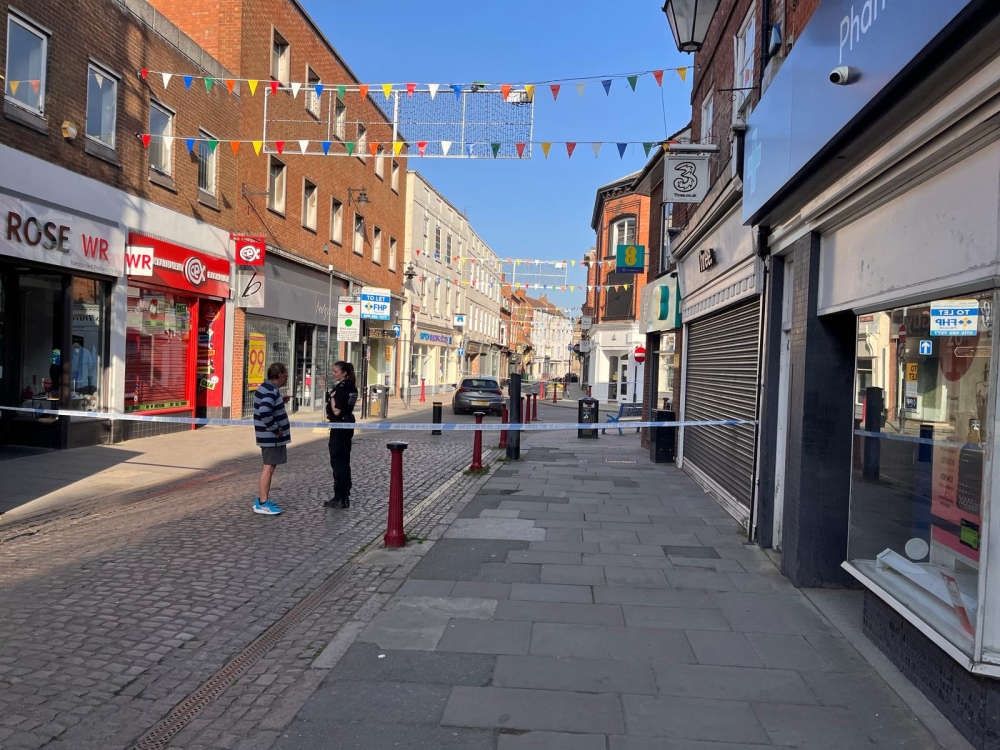 Murder Investigation Launched In Newark
Murder Investigation Launched In Newark
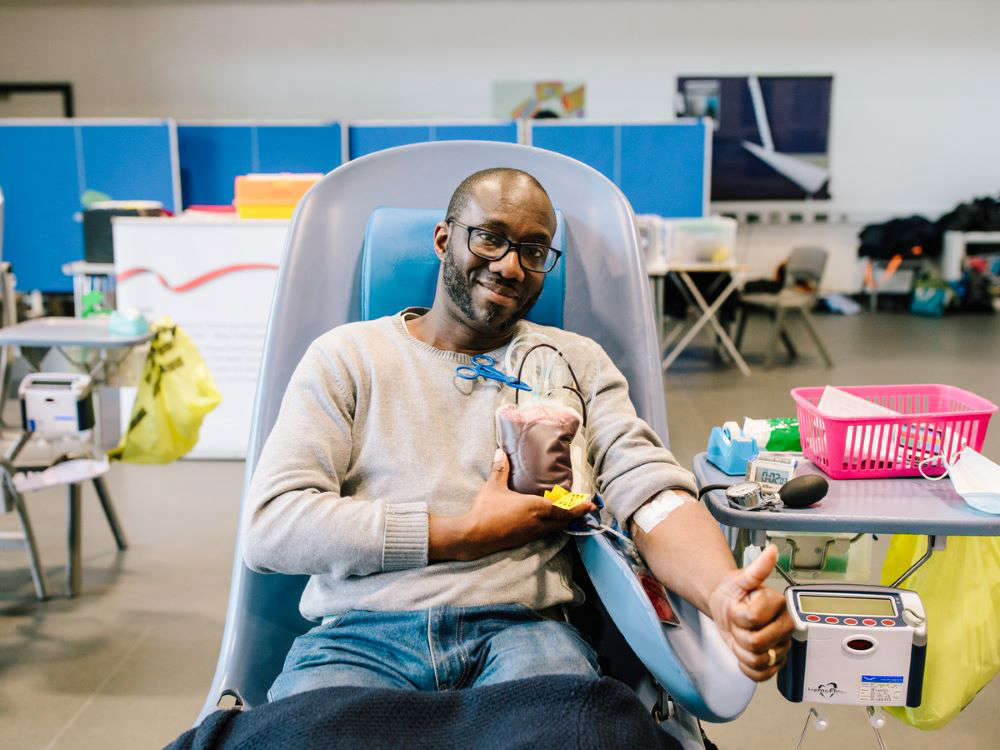 Could you be a blood donor?
Could you be a blood donor?
 Radio Newark on DAB Digital Radio.
Radio Newark on DAB Digital Radio.
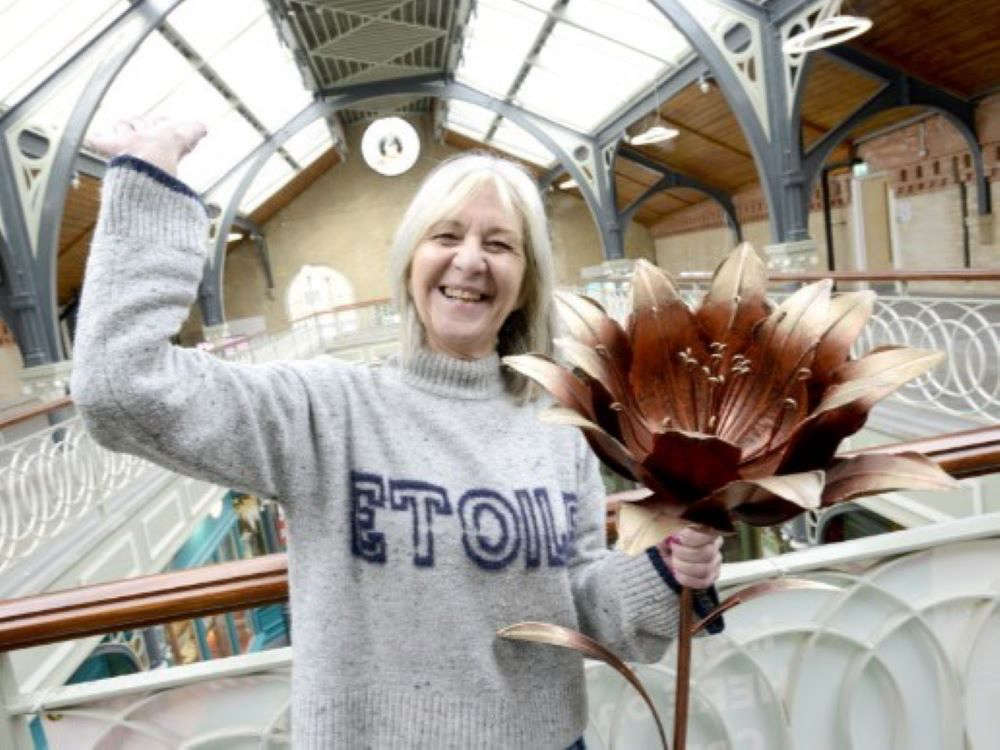 Newark jam-packed with events this spring and summer
Newark jam-packed with events this spring and summer